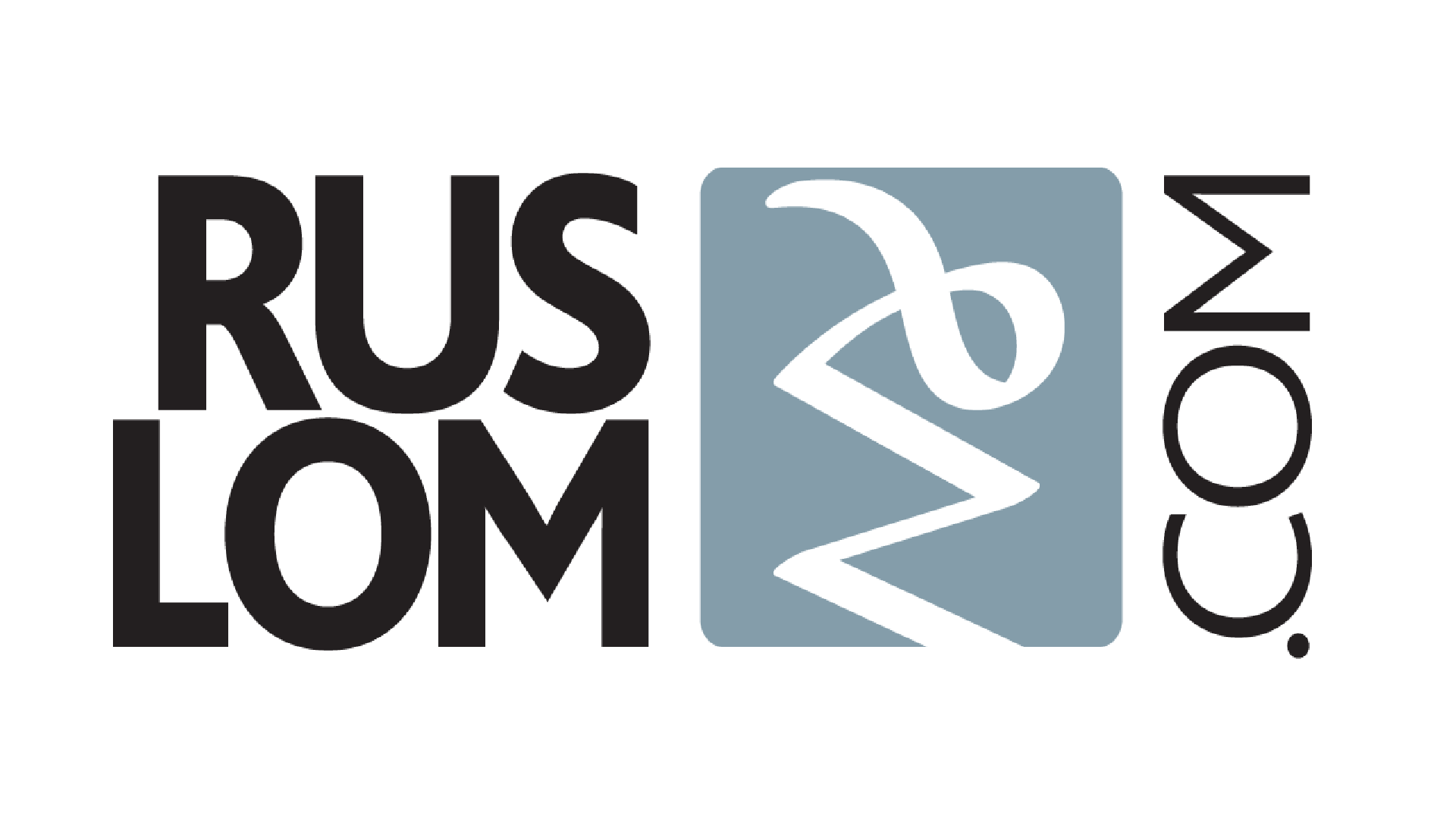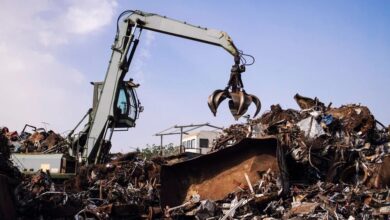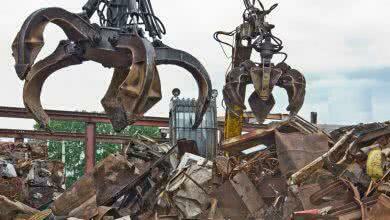In contrast to other metal markets, where there is a large inflow of primary raw materials into the turnover during the formation of metal stock, the lead market is 95% formed by processing lead scrap. 80% of secondary raw materials are used for the production of batteries and lead-coated cables.
Representatives of the industry believe that the licensing of lead exports, introduced from May to November 2022, has shown that domestic demand cannot cope with such volumes of produced products, and exports just solve the problem of high supply and lower prices for products due to their oversupply in warehouses, when factories were idle and eventually were forced to sell at a loss.
It is important to stimulate exports, but there should not be unlimited exports. The issue of introducing licensing in 2024 should be considered taking into account the opinions of market participants.
They discussed the problem of so-called “black ovens”, of which there are about 300. Such “businessmen” do not pay VAT and do not comply with environmental requirements, pouring electrolyte during battery recycling into the ground. And while they virtually withdrew from the market in 2022, once lead exports gradually recover in 2023 and prices start to rise systematically from October, we should expect them to return to their illegal activities.
The industry needs quality regulation, which will allow capacity utilisation and earnings for producers by sending surplus to export, support interest in scrap harvesting by preventing the abandonment of hazardous raw materials and cut off the oxygen to grey recyclers who break the law and cause huge damage to the environment.




